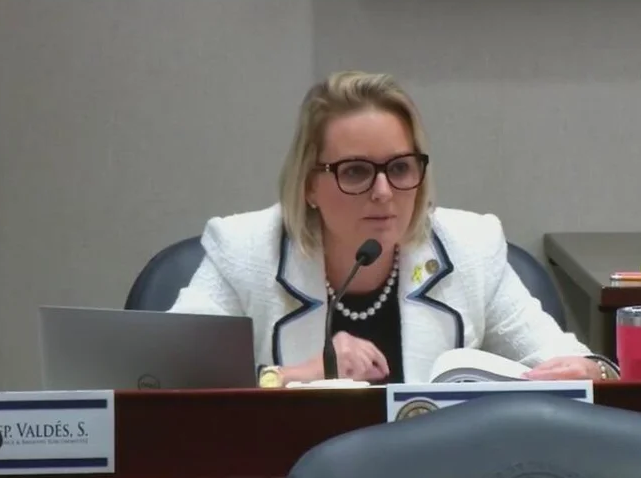Capitalism and economic venture are alive and well in the Florida insurance market. The Florida Underwriter reported this month that over 1.7 million policies have been written by new insurance companies since the 2004 hurricane season. As Allstate, State Farm and Nationwide retreat from the Florida property insurance market, these new insurance companies are accepting risks that would otherwise end up with Citizens Property Insurance Corporation.
My initial reaction has been that this is a good development. We need an infusion of new companies to take the place of the older established insurers that seem determined to leave the insurance business in an effort to safeguard all the surplus they previously made. The new economic premise of Enterprise Risk Management has led old lines carriers to get out of the alleged "risky" Florida insurance business to preserve the profits they made and enter other financial arenas–such as banking, life insurance, and pure investment.
It is refreshing to see new private insurers take the place of old line carriers in the property insurance market. This has not occurred without some governmental help and a fortuitous influx of money into the re-insurance markets. The Florida Legislature passed legislation which allowed up to $25 million in matching funds to loan any insurer who was willing to write business in Florida. At the same time, the re-insurance market has greater capacity to write business and the market has "softened" to afford lower rates to these newer carriers. The bottom line is an influx of new carriers entering Florida and writing insurance policies where the old line carriers dare not go.
Florida is still far from being economically insulated should a major storm hit the state. It is a Hurricane Katrina away from financial catastrophe. Still, it is encouraging to see these new companies enter the market. Hopefully, they will enjoy a number of profitable years to build their surplus ("surplus" is the net worth of an insurer) before faced with any widespread catastrophic losses.



